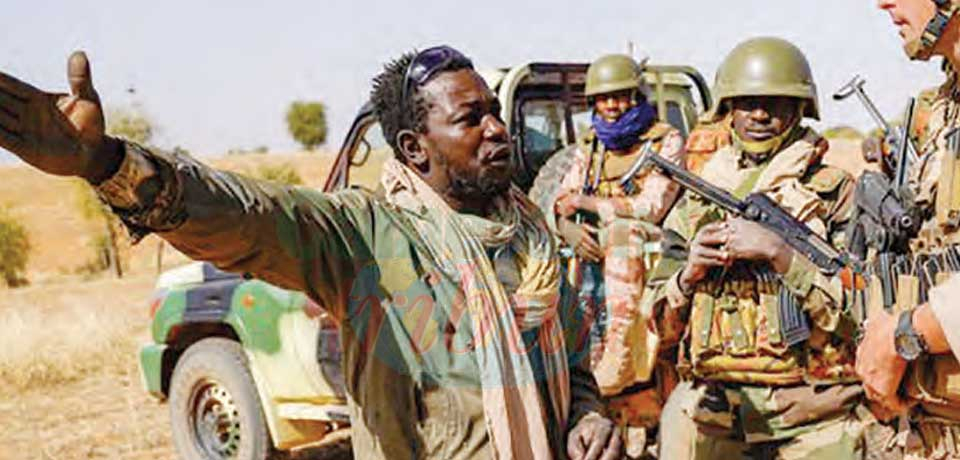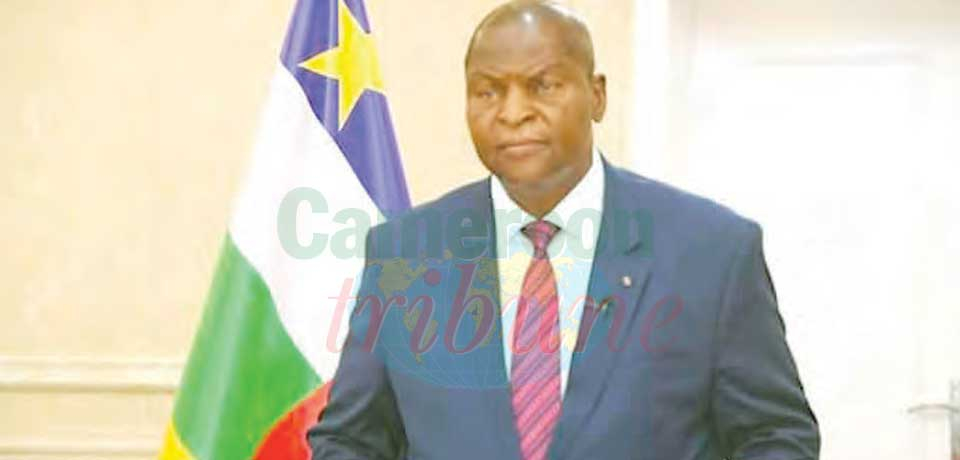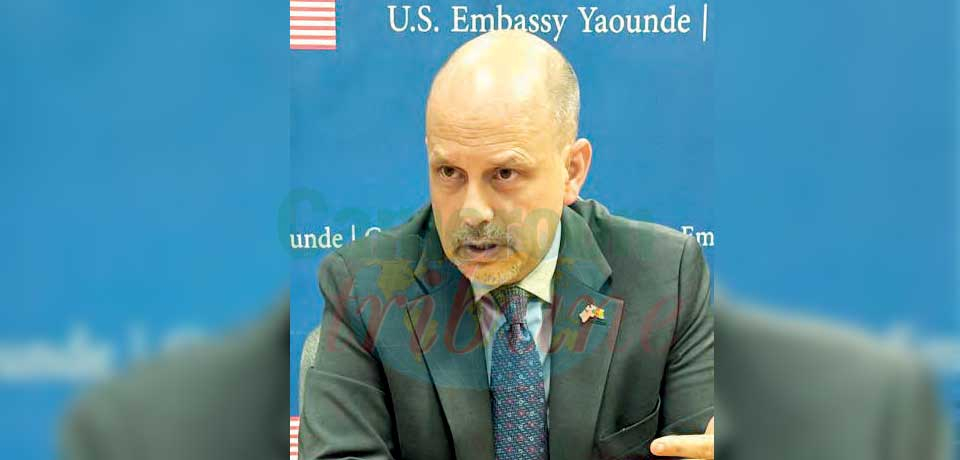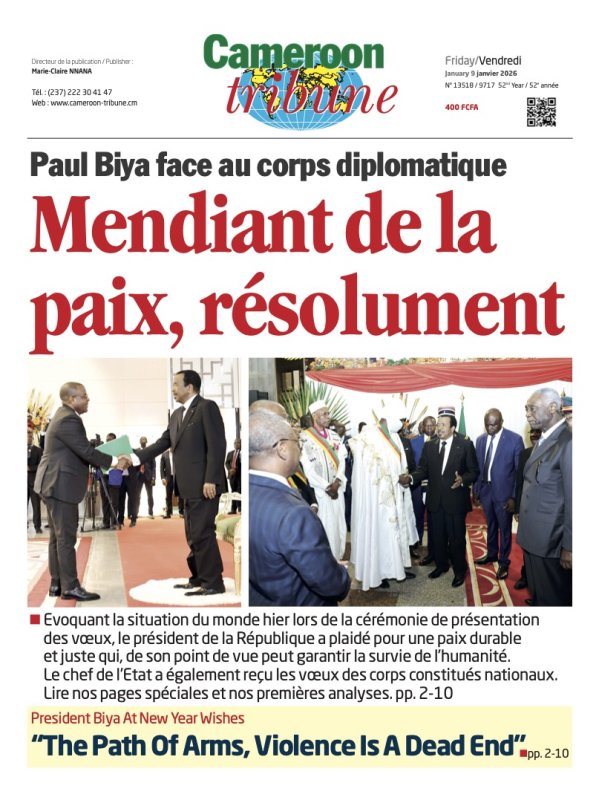Fight Against Terrorism : G5 Sahel At Crossroads
- Par Eldickson Agbortogo
- 22 Mar 2022 15:20
- 0 Likes

The departure of France from Mali has not only called for a change of strategy, but that of mentality within the stakeholders.
When France announced her departure from Mali where she has been fighting terrorism for the past ten years under Operation Barkhane and then Takuba, many analysts were of the opinion that her decision was a setback to the entire anti-terrorism fight in the area. This is more so because France with the aid of other partners has been championing the course for peace in the area. But far from being the case, the departure of French troops from Mali has instead ignited a new modus operandi. With Mali now left with the United Nations Multidimensional Integrated Stabilization Mission, European Union Military Training Mission, the G5 Sahel Joint Force, and the center for operations in the fight against terrorism now transferred to Niger, it is left on Takuba forces to operate freely in the Gulf of Guinea.
For this to be a success, it is imperative for the different stakeholders to brainstorm on a winning strategy. Though highly placed French sources say the restructuring of Barkhane and Takuba will be negotiated by June, implementing a counter-terrorism approach like that in the Sahel without identifying its shortcomings and assessing rationales, practices and existing security arrangements is risky for coastal countries and the region. Instead of just cosmetic changes and a new geographic focus, a thorough review is needed that identifies lessons learnt.
This is because there are not only little public acknowledgement of the fall-outs of the decade-long fight, but also major shortcomings such as, lack of investment in prevention efforts, particularly on socio-economic issues, social cohesion and the political, justice and governance fronts. Furthermore, the heavy military focus that aims to defeat terror groups by ‘neutralizing’ their leaders without a plan to address the local concerns these groups use to gain ground, forging alliances with non-state armed groups, stigmatizing some communities and not prioritizing the protection of civilians are oth...
Cet article complet est réservé aux abonnés
Déjà abonné ? Identifiez-vous >
Accédez en illimité à Cameroon Tribune Digital à partir de 26250 FCFA
Je M'abonne1 minute suffit pour vous abonner à Cameroon Tribune Digital !
- Votre numéro spécial cameroon-tribune en version numérique
- Des encarts
- Des appels d'offres exclusives
- D'avant-première (accès 24h avant la publication)
- Des éditions consultables sur tous supports (smartphone, tablettes, PC)














Commentaires